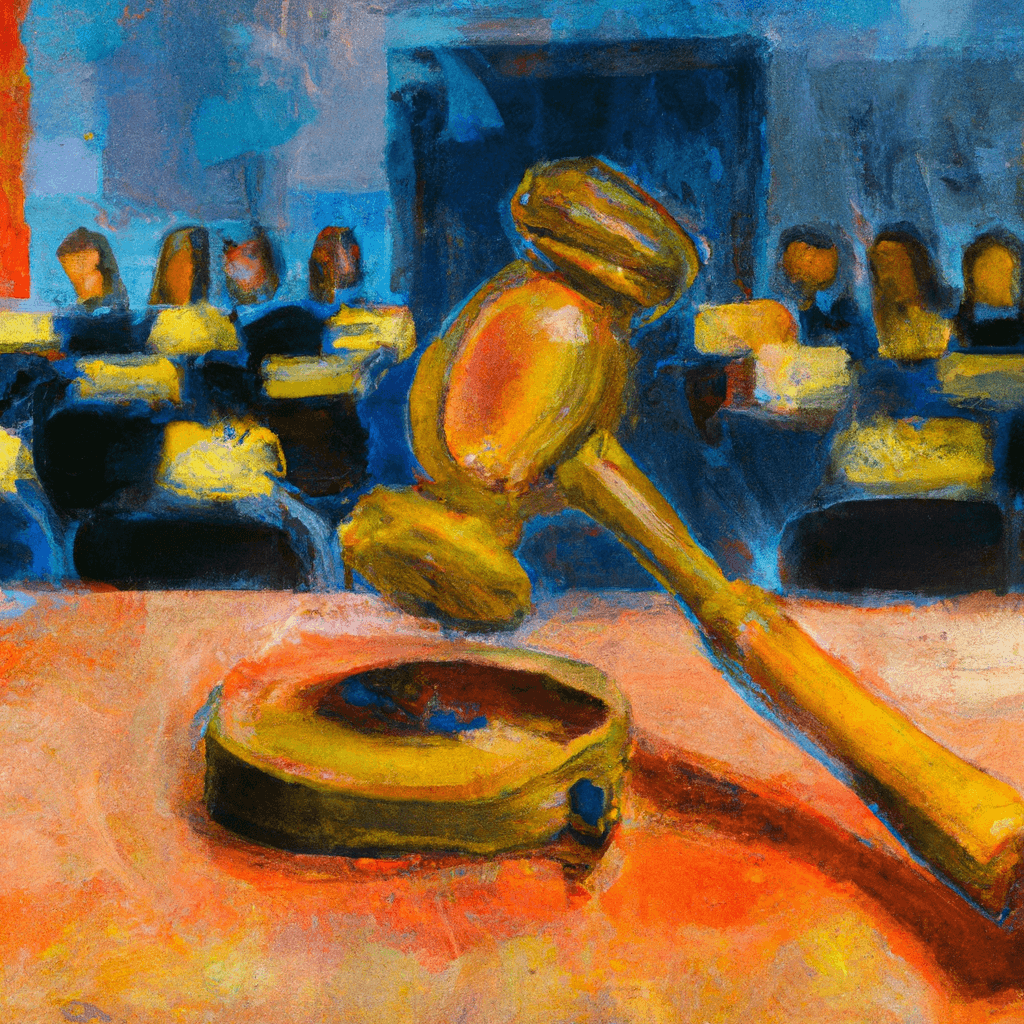The Outlier Local Government newsletter spoke with government relations specialist Pearl Mncube about how motions of no confidence work. Here is our conversation.
How do motions of no confidence work?
Mncube: A motion of no confidence is understood as being a statement or vote regarding fitness to hold office or a position of responsibility. It is typically instituted in situations where there is concern held by a party or a group of parties regarding an individuals’ ability to execute their duties.
Motions of no confidence in the National Assembly are provided for in Section 102 of the South African Constitution, which outlines processes for motions against the President and Cabinet.
According to the rules of Parliament, a member of the National Assembly may request a motion of no confidence, which is then added to the Order Paper by Speaker, ensuring that it complies with the law and rules of the House. Once satisfied with the validity of the motion, in the terms of the rules and prescripts of Parliament, the motion is scheduled, debated, and voted on in Parliament, within a reasonable amount of time and in line programme of the House. The rules state that if a motion cannot be scheduled within the last sitting day of an annual session, it must be discussed as soon as possible in the next annual session.
In the case of [the] provincial government, the South African Constitution makes provision for motions of no confidence in Section 141. This outlines processes for motions against the Premier and the Executive Council. Motions of no confidence at local government level are dealt with in terms of each Council’s Standing Rules and Orders, along with the Municipal Structures Act. Before motions can be considered, it is important that they comply with specific criterion.
How do motions of no confidence in local government affect voters?
Mncube: Motions of no confidence are ideally about ensuring that persons in power remain accountable, and execute their duties effectively. These mechanisms are important in ensuring that persons in power account for any grave errors, that ultimately may impact on the functioning of local government. When instituted with the chief concern of the functioning of local government itself, motions of no confidence ensure that there is no abuse of power and that voters needs and concerns are met.
We have, however, witnessed incidents where motions of no confidence are used as a tool to ensure that certain parties gain or regain power. These often contribute to instability within local government. There have been reports and studies undertaken to prove this link. Where the chief concern is not the optimal running of local government, motions of no confidence tend to be used as a playground for narrow political interests.
Are motions of no confidence in local municipalities different from the ones held in the national assembly?
Mncube: Each Council’s Standing Rules and Orders tend to differ slightly. The principles of each process, when compared to those within the National Assembly, do not differ much. At the level of local government, notices of motions are brought forward within a specified period of time before a council meeting. After Speakers ensure that motions comply with the standing order, they are tabled, debated and face a vote. Certain rules also impose limits on the number of motions that can be brought forward within a certain period of time. There are some Council Standing Rules and Orders that have not imposed this limit.
